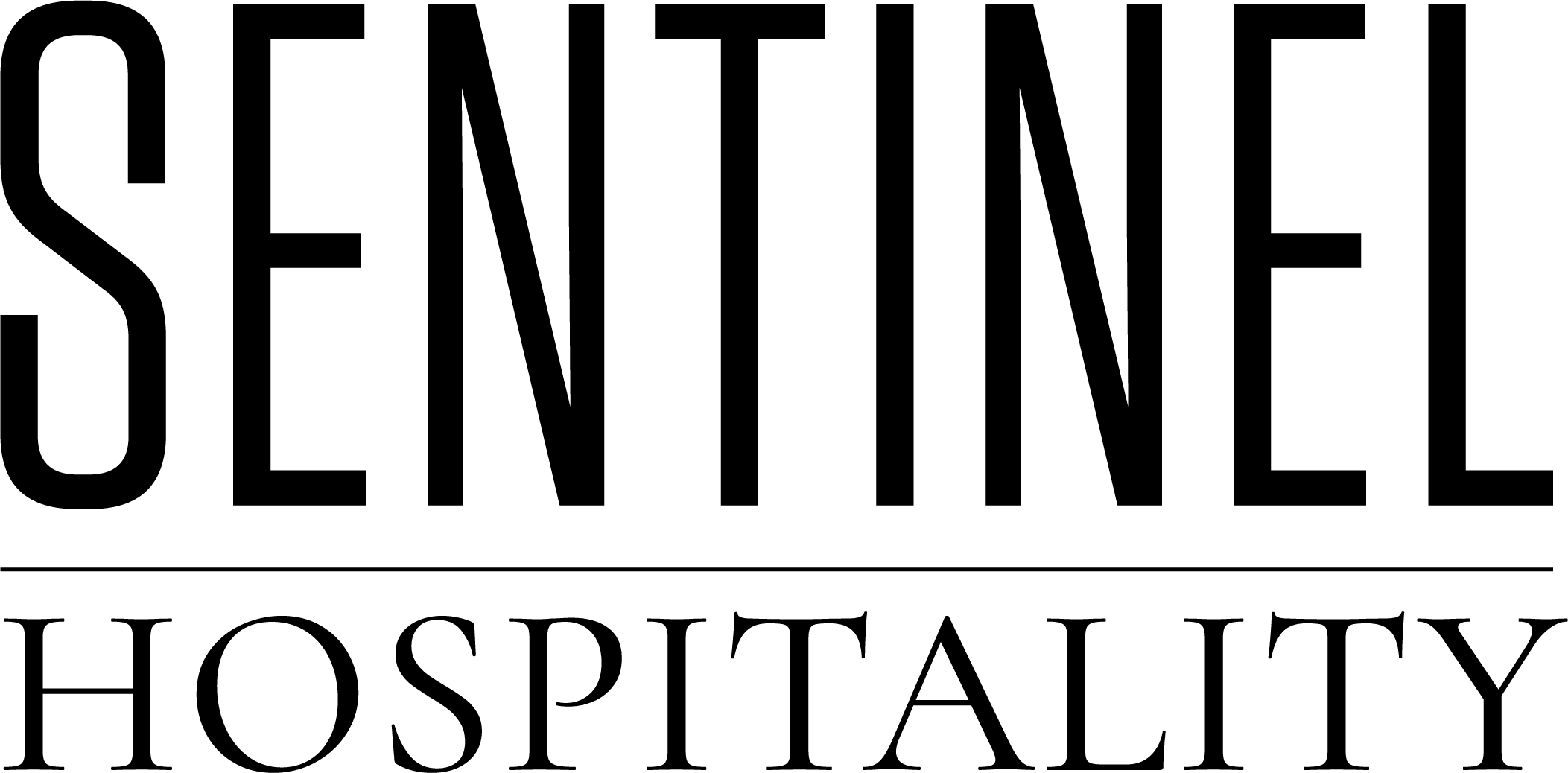Every time a new prestigious hotel opens, I am asked about the returns earned by investors seeking the Palace distinction in Paris despite the doubling of Palace supply in the city. In order to answer this legitimate interrogation, I start by explaining the profile of these investors (private fortunes mostly from Asia and the Middle East), then I present their motivations (asset diversification, long-term value creation, prestige). Thus, the question of the immediate return on investment of a Palace hotel is not “the right question”. Indeed, for most investors, these modern-day Châteaux are the visible and indisputable proof of their success (return on EGO assured!). For some, it is also a strategy for preserving capital over a long period of more than 20 years (average holding period of historical assets). Finally, some investors have been able to combine the preservation of their heritage with value creation (Prince Al Waleed Bin Talal / George V Four Seasons), while others have found that Palaces provide a complementary showcase for their business in the luxury sector (LVMH). Thus, the question of return on investment should consider the diversity of motivations and the direct and indirect benefits generated by a Palace investment.
There will be no price war
In Paris, the number of rooms with Palace classification almost doubled within ten years. This resulted in a marked drop-in occupancy rate to 53% by late 2018, while the average price increased by 25% over the same period to around 1,000 euros, excluding VAT. In this context of exceptional growth in the number of Palace hotels in Paris, it is legitimate to wonder about the imminence of a price war. In my opinion, there will be no price war because such a strategy would ignore the specificity of the luxury sector, which is reflected in high customer demands for quality of service and low-price sensitivity. Thus, it would be impossible to maintain the expected level of service in the event of a general price drop. However, I believe that few hotels that have benefited from unjustified windfall benefits the good years will have to reposition themselves towards the average prices that correspond to their natural site-product-service equation. This repositioning will not be synonymous with a generalized price war, as the capital’s most emblematic hotels will continue to attract clientele that is willing to pay the right price to enjoy a unique experience.
A winning situation for Paris
While I do not believe that there will be a price war, I have noticed healthy competitive tensions among the Palace hotels, which is reflected in sophisticated marketing and communication actions, and the rising numbers of event communication actions targeting a specific category of clientele—millennials, for example—or areas with a high potential for issuing visitors, such as the major Asian cities in recent times. The marketing budget the Palace hotels have devoted to these actions has increased by 20% over the last ten years to reach an amount I estimate at 25 million euros in 2018. I think it is important to note that, above all, this budget benefits Paris as a destination, which is promoted in the advertising and major events organized by the Palace hotels, and thus complements the marketing efforts made by Atout France and the city of Paris, the real winner from the increase in the number of Palace hotels. In addition to increased visibility for tourism, new Palace hotels have generated investment works exceeding 2 billion euros over the last 10 years, creating more than 2,400 permanent qualified jobs.

